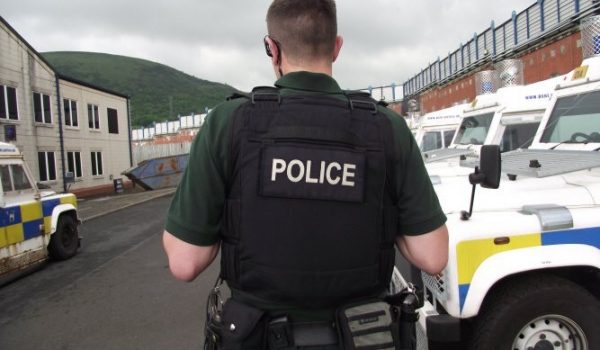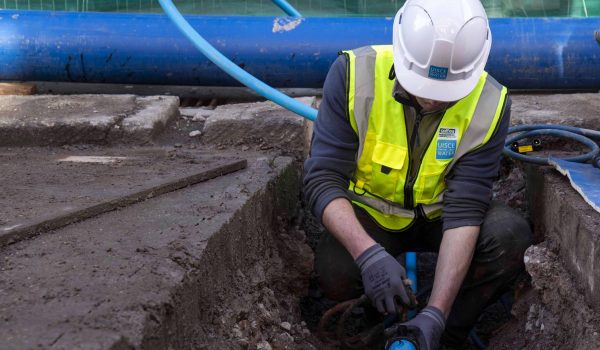
The Irish Coast Guard, RNLI and Water Safety Ireland are making a joint safety appeal ahead of the bank holiday weekend.
It’s in a bid to keep the public safe when in or around water.
In the multi-agency statement, the public are warned of the cold water temperatures which bring the risk of cold water shock and hypothermia.
To avoid this during swims, it is recommend to acclimatise to the water slowly and to warm up quickly upon exiting the water as well as wearing a wetsuit.
Anyone heading out on the water or visiting the coast should remain sober at all times, check the weather and tides and carry a reliable means of raising the alarm such as a VHF radio, Personal Locator Beacon or a fully charged mobile phone.
It’s also important to tell someone where you are going and what time you will be back, wear a suitable Personal Flotation Device when boating or angling and watch out for incoming tides to avoid getting cut off.
Statement in full:
Ahead of the first long weekend of 2024 celebrating St Brigid, the Irish Coast Guard, RNLI and Water Safety Ireland have issued a joint water safety appeal, asking people to stay safe when in, near or on the water.
Water temperatures are still cold, meaning cold water shock and hypothermia are risks that can affect everyone when sea swimming or on a coastal walk. To avoid this during swims, people should acclimatise to the water slowly to get used to the cold and warm up quickly upon exiting the water.
The Coast Guard, RNLI and Water Safety Ireland advise everyone intending to take part in any water-based activity or coastal walks to ensure they check in advance what they should do to keep safe.
If heading out on the water or visiting the coast:
- Never mix alcohol with water activities.
- Always check the weather and tides.
- Carry a reliable means of raising the alarm – a VHF radio, Personal Locator Beacon (PLB) or a fully charged mobile phone.
- Tell someone where you are going and what time you will be back.
- Wear a suitable Personal Flotation Device when boating or angling.
- Watch out for incoming tides to avoid getting cut off.
If you are swimming:
- Water temperatures are still cold at this time of the year, consider wearing a wetsuit to stay warm.
- Acclimatise slowly, wear a bright swimming cap and consider a tow float to increase your visibility.
- Never swim alone and always ensure that your activity is being monitored by a colleague.
Gerard O’Flynn, Coast Guard Head of Operations commented: ‘It is important to plan activities carefully this time of the year given that the weather conditions can be cold and changeable. For guidance on water safety planning, people should consult the safety on the water website at gov – Safety on the water (www.gov.ie).’
Roger Sweeney, Water Safety Ireland’s Deputy CEO, says: ‘Winter storms have damaged many waterside walking routes that were considered familiar and safe but may now be hazardous. Erosion underfoot is not always obvious until it is too late. Tell children in your care that to stay SAFE is to Stay Away From Edges. Use walkways that have public rescue equipment such as ring buoys in bright yellow boxes. Report missing or vandalised ring buoys at www.ringbuoys.ie, as a stolen ring buoy could mean a stolen life.’
Linda-Gene Byrne, RNLI Regional Water Safety Lead added: ‘If you find yourself struggling in the water unexpectedly, your instinct will tell you to swim hard. But cold-water shock can make you gasp uncontrollably. Then you can breathe in water and drown. Instead, you should Float to Live.
‘The best way to float is to tilt your head back with your ears submerged. Try to relax and breathe normally. You can gently move your hands to help you stay afloat if you need to. Spread your arms and legs out to improve stability – and it’s OK if your legs sink, we all float differently. Once your breathing is under control, call for help or swim to safety.’
If you see somebody in trouble on the water or along the coast, or think they are in trouble; Dial 112 or use VHF radio CH 16 and ask for the Coast Guard.






